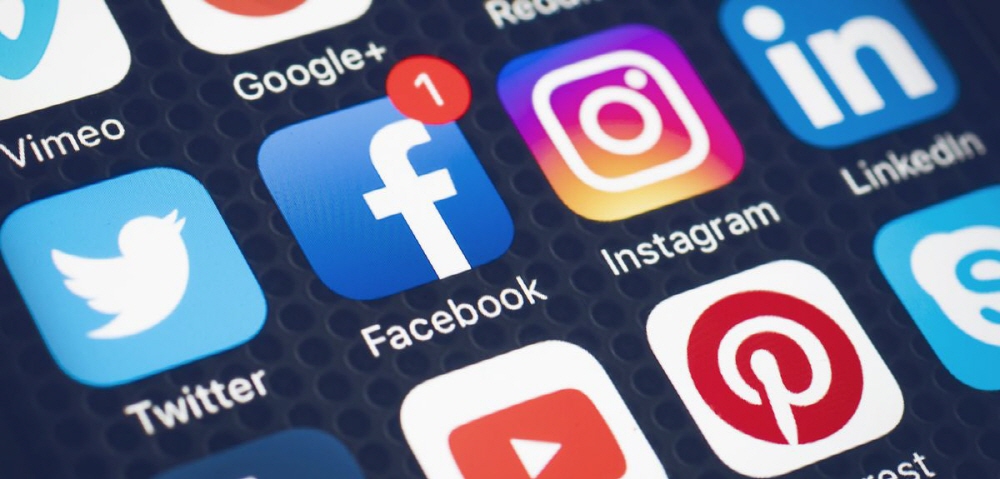
Facebook is the social media platform on which millions of people around the world are using. As a result, Facebook, and even Facebook users, can not be free from death. For this reason, it is said that Facebook can become a huge digital graveyard.
Indeed, one study suggests that Facebook will soon be more helpful with its digital graveyard functionality than social media features. Two researchers at the Oxford Internet Institute are discussing the possibility that the death toll will outweigh the number of Facebook users. They covered two scenarios. One is that the growth of Facebook users has stopped completely from last year, and the other one is the annual growth rate of 13%.
The paper says that these scenarios are not realized as they are, but the number of death users is one of these two. After all, this paper concludes that before 2060, Facebook will inevitably have a larger number of death users.
The study used data from the UN’s age-specific mortality forecasts, analyzed Facebook customer insights pages, and identified the number of active users per month by age and country. However, as the article points out, Facebook is clearly reporting that the number of users is inflated. The data published by Facebook excludes children under the age of 18, and there is a controversy over the accuracy of the paper, as users 65 years of age or older and those who have already died are missing.
The study suggests that at the time of 2018, at least 1.4 billion people would die, assuming Facebook stopped trying to attract new customers, but Facebook continues to attract new users and revenue. This may not happen unless there is a huge problem. Even now, Facebook users are expected to have more than 4.9 billion deaths in 100 years, but according to the paper, there are more death user profiles in South Asia and Africa.
At the social level, we are still only talking about the question, but the paper also deals with who has the data rights of death users and how to handle the data ethically.
How to deal with digital assets left behind. Finally, all users who use social media are managed. Everyone leaves data and dies one day. Death user profiles can have meaning beyond the profile of a simple profile. The data of the deceased may become a world heritage.
This paper examines how death users affect society in the next few decades in social media such as Facebook, and questions whether many profiles should be for profit or only for survivors. This data is at least not attributable to profit-making companies that pursue profits. It is even more so if the enterprise has caused the controversy. The paper says that historically important data must be preserved for all mankind and not curated by a social media firm operating solely for the sake of self-interest.
In addition to the content of the study, the paper also discloses the distribution of geographic data. But the challenge remains. How do we collect or forward these data to future generations while keeping the privacy of individual users? Who is eligible to collect this? The researcher suggests that Facebook should give it to historians, archaeologists, ethics scholars, and others.
As George Orwell predicted in 1984, anyone who can control past memories can still control it. Our challenge is to design a sustainable solution that takes into account the various stakeholders involved in the data. For more information, please click here .


















Add comment